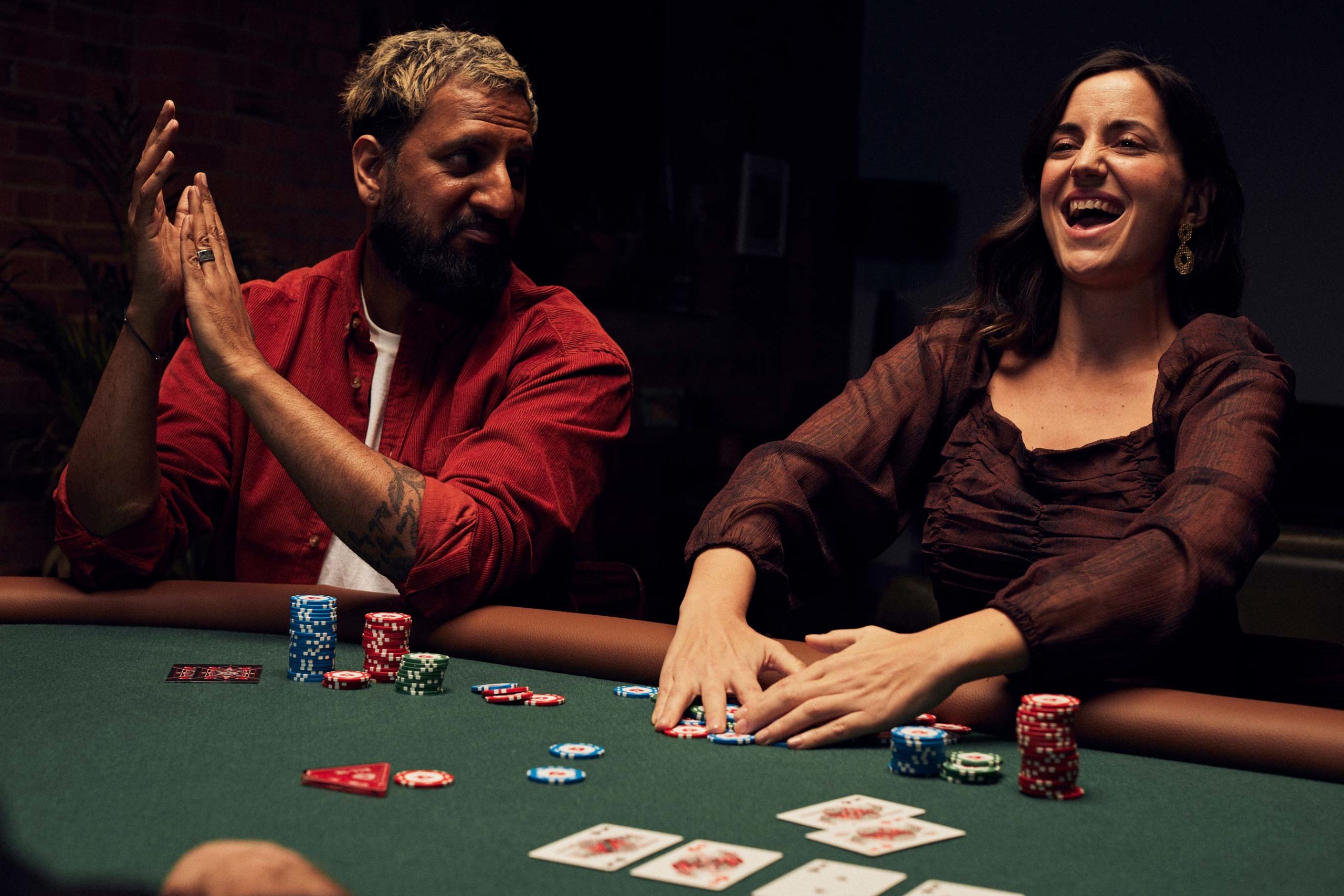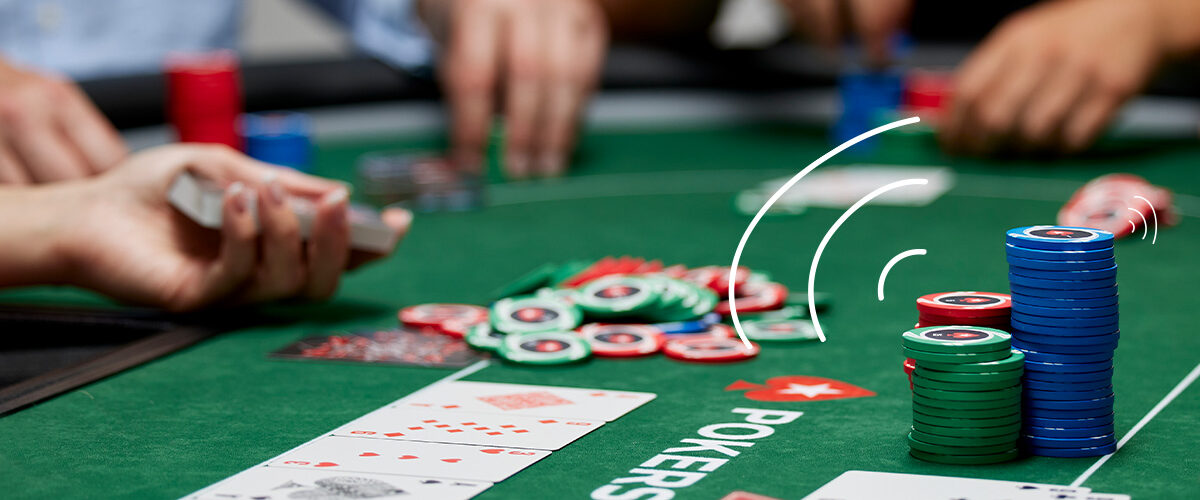For the Loser, It’s Called a Cooler
Usually we use the term “cooler” when strong hands meet and the allin is the obviously right decision from both parties. For the loser, it’s called a cooler.
There is no exact definition of what a cooler actually is. Some people think it’s a cooler only when the best and the second best hand meet. Other people interpret it as anything that usually wins, but isn’t enough for this current match. I’m somewhere between the two interpretations. I believe a cooler is when I lose with a very strong hand that I would play in the exact same way I did when I lost against the current opponent, because the way I played the hand was optimal.
Most unavoidable situations share the fact that the optimal play was obvious with no way to make any other decision, so the results depends entirely on luck. It’s very important to mention, that stack sizes do change what you can call a cooler in certain situations.
Preflop cooler situations
The most frequent form of the coolers preflop are the aces versus kings hands. We saw many examples to this in televised poker events which are obviously very unlucky for one of the players involved. The main characteristic of these situations is that both players are playing correctly when they are putting in all their chips preflop. In situations where you don’t have too many chips (tournaments, Sit&Gos, Spin&Gos) you don’t need to have a ridiculously strong opening hand in order to get a cooler, in these situations for example even an AQ vs JJ matchup could be called a cooler. Generally the fewer the people in a certain hand, and the lower the stack sizes are, the hands qualifying for the term “cooler” can be weaker ones.


Post-flop cooler situations
It’s harder to specify which hands are just regular losses that could have been avoided with optimal play and which ones are coolers, but usually it’s also going to be true that a very strong hand loses against another very strong one. These are the ones where a set loses against an overset, a nut flush against a straight flush or a full house against quads. Because the flop, the turn and the river game already supplied us with more and more information, it’s less obvious to go broke with a worse hand. It can be a general rule that when the hand is currently in the turn or river the coolers are closer to the hypothetical nuts against second nuts situation.
How to handle cooler situations?
Cooler hands usually result in big pots and can turn the game around. If you lose a big pot in a tournament because of a cooler, it usually means you are fatally weakened or flat out busted. Despite this I believe that you need to forget these hands simply because there is nothing to learn from them whatsoever, you can’t do anything to prevent them and they don’t need further analyzing. You can definitely say that coolers are entirely irrelevant from a professionals standpoint. You can notice though that the average player is unable to handle certain results factually, free of emotions, the winner usually is extremely euphoric while the loser goes on a tilt, starts to play worse or simply just gets knocked out of the tournament.
Due to the nature of unavoidable situations, the position of the people involved is symmetric. This means that it doesn’t matter who’s currently winning at a certain point in the game, you can’t play the hand bad or good, the cards play themselves. Also because there are no real decisions, it’s absolutely irrelevant which player has which hand. Both players are victims the same amount of times in cooler situations and the luckier player wins the pot.
To summarize it all, coolers have always existed and will always exist in poker. In the long term us being winners or losers of coolers will all even out, you can’t change the outcome of these situations so the healthiest thing to do is to be emotionally neutral towards them.


